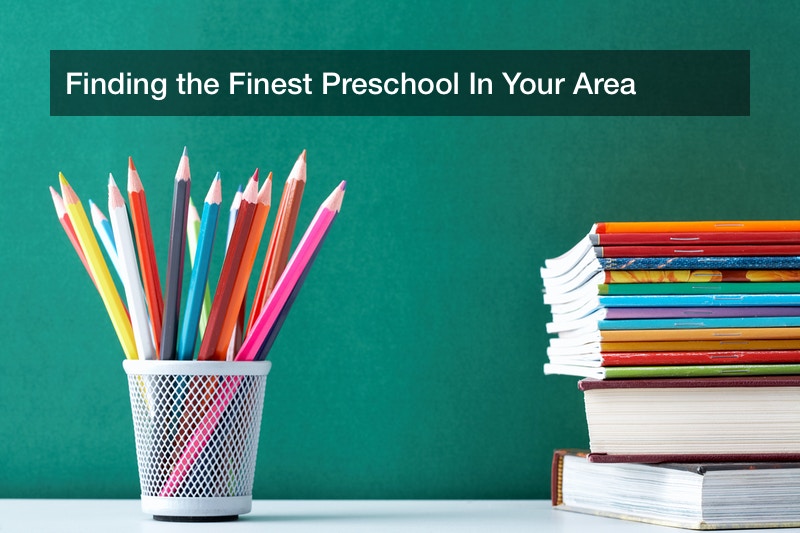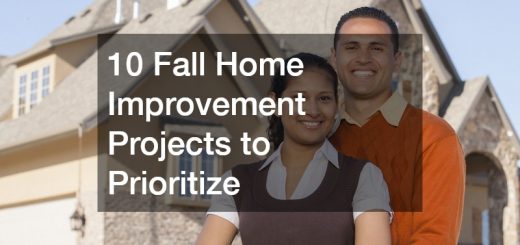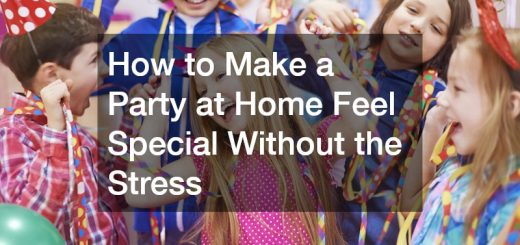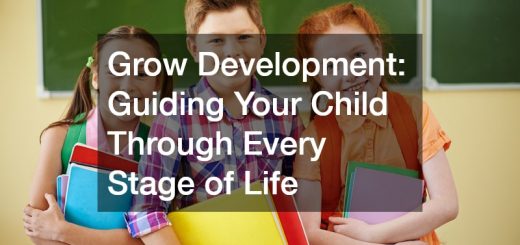Finding the Finest Preschool In Your Area


A good education is often the key to a child’s future, and for this reason, nearly all parents are deeply invested in their childrens’ education. Some parents start this process early and enroll their sons and daughters in preschool, and while not mandatory, preschool can do a lot of good for a young mind and prepare them for the future. A good preschool may be sought out when a family moves to a new area or when one’s child becomes old enough for it, such as age three or four. And an older child will certainly have to attend compulsory school, so the best private schools or public schools may be sought out. The best high middle schools and best high schools will have everything that the student wants and needs for their education and interests. An art high school or arts camp might be an option, too.
Finding a Good Preschool
Once a parent’s child becomes old enough for preschool, or if the family moves to a new area, the parents may start looking for good preschools in their area. They may get reference from friends and family, and even if not, they can look online and search by their hometown or ZIP code. Such a search will yield a list of nearby preschools, and those that are deemed too far away can be struck off the list right away. The rest can be visited by the parent and the child alike to evaluate them.
The parent may consult the teachers and staff at a preschool and evaluate their experience and qualifications, and find out how much funding the school has and what programs it offers. The child, meanwhile, won’t ask the teachers for their qualifications but will get a good sense if they like the school and staff or not, and this is important. A child who is stressed or frightened in a preschool due to the premises or the staff probably won’t want to attend as a student, so the parents can strike it off the list. But if the child is relaxed and seems engaged, then the school may be a strong candidate, especially if the teachers are well qualified and the premises are well funded.
Compulsory Education
A somewhat similar process can be done when one’s older child needs to find a school in a new area. Whether the prospective student is six or 16 years old, he or she will want to find a school they’d be comfortable attending, and unlike four-year-olds, they can more clearly state their preferences and interests. Here too, the parents may look up local schools, whether elementary, middle, or high, and visit them with their child to evaluate them. Once again, the staff’s qualifications can be checked out, and good schools have well trained and experienced teachers on staff. A good school is well funded, and it will offer a number of programs and activities for the students there. The prospective student may look for particular features such as a soccer team, a marching band, art program, or anything else that they’d like. What is more, during the first week or two at school, the student can find out how well they like it there, and this is important for the parents to note. A student who is accepted among their peers, and who is happy and moderately challenged by the coursework may stay. By contrast, a student who is overwhelmed, bullied, or stressed may have to be transferred, or their education may suffer.
Another choice is public vs private middle or high schools. Public schools are federally run and funded, and private schools are, as per the name, privately funded and run. Private schools also charge high tuition, and not all families can afford it. Those that can may weigh this option, the cost vs benefits. Private schools often have high quality staff and course work, and their counselors spend a lot of time on college prep for students. Private high school grads tend to go on to college over 90% of the time, comparing favorably to about 48% of public high school grads going on to college. Private school parents are often more involved in their kids’ education than public school student parents, too.




